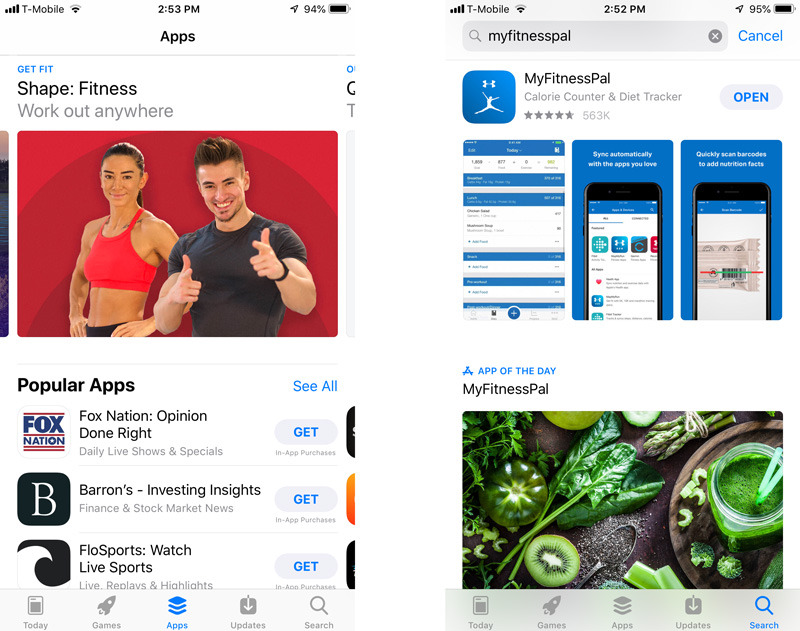Apple held firm on Monday after losing a U.S. Supreme Court ruling over the App Store, maintaining that it's "not a monopoly" despite no third-party sources for iOS apps.
"Today's decision means plaintiffs can proceed with their case in District court," the iPhone maker told CNBC. "We're confident we will prevail when the facts are presented and that the App Store is not a monopoly by any metric."
Earlier today the Supreme Court ruled 5 to 4 in favor of permitting a lower-court lawsuit, Apple v. Pepper, to proceed. The vote was split, but not along party lines. Conservative Justice Brett Kavanaugh agreed with liberal justices that the case should go forward.
"Apple's line-drawing does not make a lot of sense, other than as a way to gerrymander Apple out of this and similar lawsuits," Kavanaugh wrote in his majority opinion.
Beginning in 2011, the plaintiffs have argued that app prices are artificially inflated by the fact Apple will only allow sales through the App Store — where it takes 15 to 30% from every transaction. Some developers have indeed raised App Store prices higher than elsewhere, such as Spotify, which recently filed a complaint with the European Commission over the same issue.
Apple argues that developers are the ones who set prices, and that it's not in violation of any antitrust laws. It moreover claims that by paying its commission, developers are "buying a package of services which include distribution and software and intellectual property and testing."
"We're proud to have created the safest, most secure and trusted platform for customers and a great business opportunity for all developers around the world," the company continued in Monday's statement. "Developers set the price they want to charge for their app and Apple has no role in that. The vast majority of apps on the App Store are free and Apple gets nothing from them. The only instance where Apple shares in revenue is if the developer chooses to sell digital services through the App Store.
"Developers have a number of platforms to choose from to deliver their software - from other apps stores, to Smart TVs to gaming consoles - and we work hard every day to make sure our store is the best, safest, and most competitive in the world."
Critics have argued however that while people can choose to switch to other platforms, those who already own an iPhone or iPad are stuck with the App Store on it unless they hack their device in a way that invalidates Apple support.
 Roger Fingas
Roger Fingas







-m.jpg)






 Charles Martin
Charles Martin
 Christine McKee
Christine McKee
 Wesley Hilliard
Wesley Hilliard
 Malcolm Owen
Malcolm Owen
 Andrew Orr
Andrew Orr
 William Gallagher
William Gallagher
 Sponsored Content
Sponsored Content







69 Comments
As I mentioned in another thread, there’s nothing illegal about having a monopoly (in the US). Abusing monopoly power is where corporations run into trouble.
Even if it can be proven that the App Store has a monopoly, which I think will be difficult for obvious reasons, how is Apple abusing that power?
These cases make me super annoyed. Is Walmart or Amazon for that matter required to make my product or service available and promote it in their stores for me for free. The both have products and services they created and sell. Of course not. It would be stupid for me to expect that since they are for profit entities. There are a multitude of benefits for developers to be on iOS. Many times Apple was forced to create a product because what is available was subpar or lacked consistent support for their platform. Especially in cases where a partner turn on them to become a competitor and holds features back from the product Apple helped them create. Google Maps and Microsoft Office are perfect examples of this. Then all of a sudden, they want to jump back to developing. I use Apple Maps consistently and have seen it improve immensely. Google had the head start for Mobile Maps because of the data they got from the IPhone. The more we use it the better it gets.